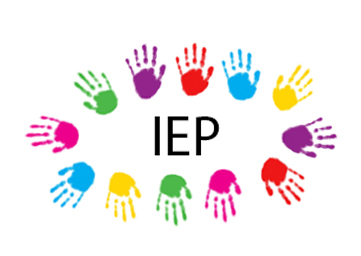

Help your child get the support they need to thrive in school with an
Autism Assessment at NELDC. Our team takes the time to
understand your child as a whole—not just test scores—using trusted tools,
observations, and a compassionate approach to guide educational planning.
At NELDC, we believe every child deserves to be understood and supported.
Our autism assessments are designed to highlight your child’s strengths while
identifying areas where school-based services can make a real difference.
Take the next step today—schedule an Autism Assessment with NELDC
and give your child the opportunity to shine with the right support at school.

We’re here to help families create personalized educational strategies that truly support
each child’s unique needs. For students with autism, our focus is on partnering with parents
and educators to build a positive learning environment where your child can grow academically,
socially, and emotionally.
Once the assessment is complete, we continue to stand beside you by offering support with:
You don’t have to navigate this process alone—let’s work together to make sure your child
has the tools and opportunities to thrive.

Combining approaches like applied behavior analysis and brain-based learning activities is showing great promise in supporting children with autism. Parents and educators can work together to put simple, practical strategies in place that make a real difference in a child’s day-to-day experience.
Create a Supportive EnvironmentKeeping routines structured and predictable helps children feel secure. Small accommodations for sensory sensitivities, such as using earplugs for noise or dimming bright lights, can also make a big difference. It is also helpful to provide a quiet “home base” or break area where a child can go if they feel overwhelmed.
Adapt Teaching MethodsVisual supports like schedules, pictures, or cue cards can be powerful tools for guiding learning. Larger tasks are easier when broken down into smaller, manageable steps. Keeping instructions short and clear, and providing written directions when possible, reduces stress and increases independence. Incorporating a child’s special interests into lessons is also a great way to spark motivation and keep them engaged.
Support Social InteractionChildren benefit from added structure during less structured times like recess or lunch. Forming small social groups around shared interests, such as games, art, or sports, encourages natural connections and friendships. Teaching, modeling, and practicing appropriate social skills and communication in a safe and supportive setting helps children feel more confident socially.
Together, these strategies can help children with autism feel confident, supported, and set up for success both in and out of the classroom.